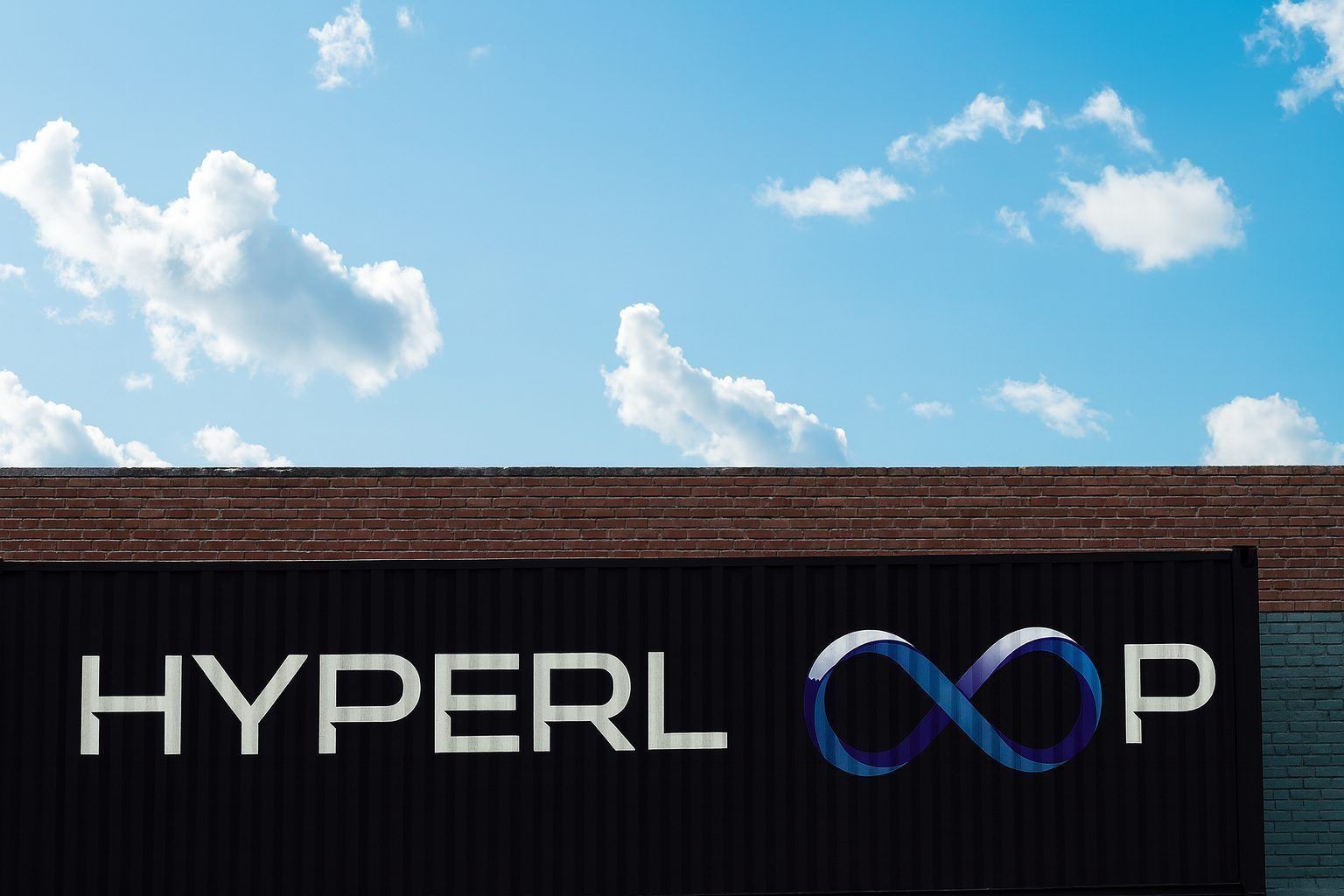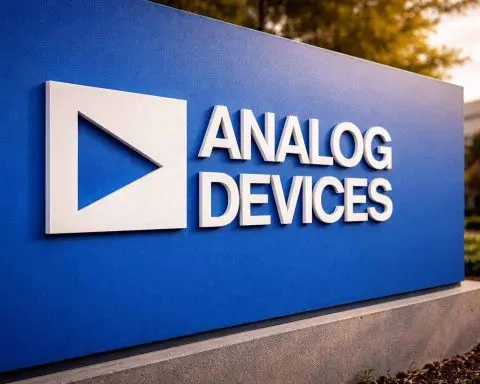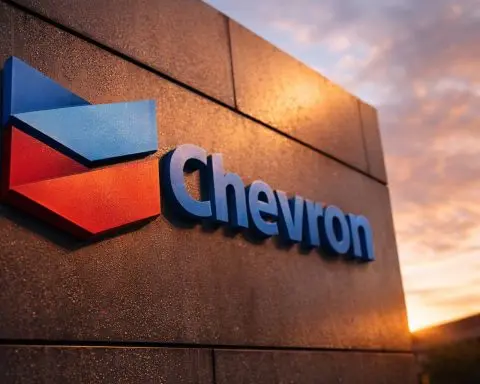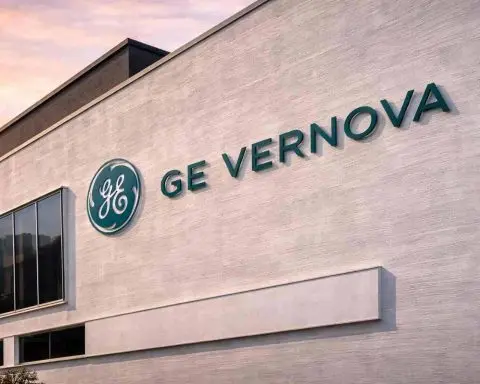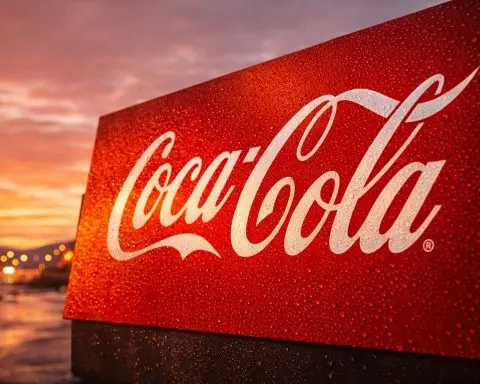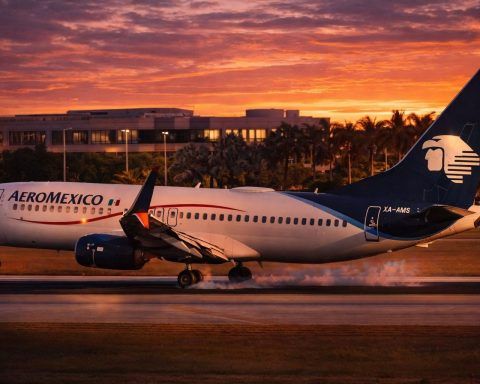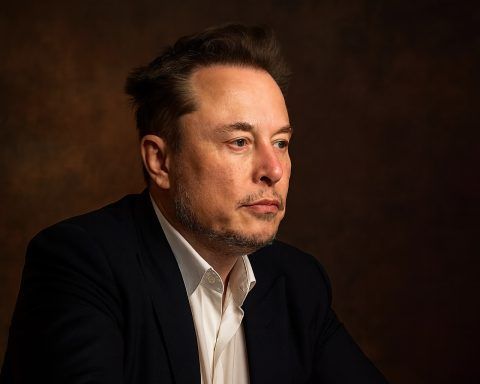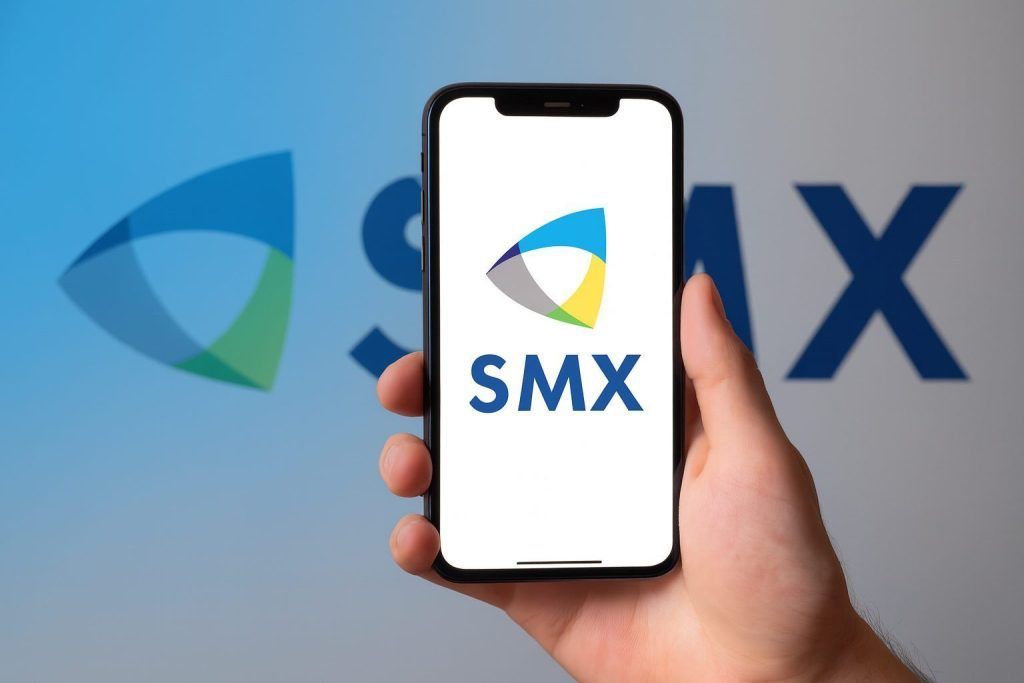Published November 28, 2025
A decade after Elon Musk first sketched out his idea for ultra‑fast travel inside low‑pressure tubes, the hyperloop is back in the headlines. Today, CNN Travel is asking whether the futuristic dream is finally over in a new piece titled “Hyperloop is dead. Or is it?” — even as smaller research projects in Europe and India keep the concept technically alive. Wikipedia+1
At the same time, Musk’s other big transportation bet — The Boring Company’s Music City Loop tunnel in Nashville — is mired in worker walk‑offs, late‑payment claims and safety questions, raising a blunt new version of the same question: if hyperloop‑style transit can’t even get through its first construction site without drama, what future does this whole family of “tunnels and tubes” really have?
This article unpacks where hyperloop stands in 2025, what’s happening on the ground in Nashville, and how both stories intersect.
1. How Hyperloop Went From World‑Changing Idea to Corporate Obituary
The original promise
Hyperloop was pitched in 2013 as a new “fifth mode of transport”: passenger capsules whisked through low‑pressure tubes at speeds approaching 760 mph (1,220 km/h), powered by linear electric motors and magnetic levitation. Wikipedia
The idea spawned a wave of startups, student competitions and feasibility studies around the world. For a few years, it seemed plausible that we’d soon ride inside sleek pods instead of planes on short‑haul trips.
The fall of Hyperloop One
Hyperloop One (later Virgin Hyperloop, then back to Hyperloop One) became the sector’s flagship company, raising more than $480 million and building a full‑scale test track in Nevada. Wikipedia
By December 2023, that dream was effectively over. Reporting from The Verge and others confirmed that Hyperloop One was selling off its assets, laying off remaining staff and shutting down operations after failing to secure a single commercial route. The Verge+1
Wikipedia now lists the company as defunct as of December 31, 2023 — a formal tombstone for the highest‑profile hyperloop player. Wikipedia
That’s the backdrop for CNN’s fresh “is it dead?” framing today: the flagship company is gone, the boldest city‑to‑city plans have evaporated, and much of the original hype has curdled into scepticism.
2. The Tiny Experiments Keeping Hyperloop Technically Alive
Calling hyperloop “dead” is mostly about large‑scale, commercial projects. At research scale, the story is more nuanced — and that nuance is part of what CNN is tapping into with its new analysis.
Switzerland: a 1/12‑scale loop that just won’t quit
In 2024, a Swiss consortium including EPFL, HEIG‑VD and startup Swisspod built what’s currently the world’s longest scale hyperloop test track: a 120‑meter circular tube in Lausanne. The Verge
In a recent experiment, they ran a 1/12‑scale capsule around this ring for the equivalent of 11.8 km at 40.7 km/h and argued that, scaled up, their system could support trips of roughly 140 km at speeds near 488 km/h (303 mph). The Verge
It’s still a lab experiment — but it shows that some researchers haven’t given up on the core idea.
India: national railways dabbling in hyperloop tech
India has quietly become one of hyperloop’s most active R&D hubs. Indian Railways and IIT Madras have built a 410–422‑meter test tube on campus, billed as the country’s first full hyperloop test track. Jagranjosh.com+1
Officials have floated hyperloop‑style travel between Delhi and Jaipur in as little as 30 minutes as a long‑term ambition, though for now the work remains firmly in the experimental, not commercial, category. Jagranjosh.com
Researchers: the physics works, the system doesn’t — yet
A 2024 peer‑reviewed paper in IEEE Access takes a hard look at hyperloop’s technical maturity. After ten years of development, the authors conclude that:
- The “ideal” low‑cost track and lightweight capsule system is very difficult to realize in practice.
- There is still almost no experimental evidence at subsonic speeds (the speeds you’d actually want in a real system).
- Many of the core maglev and propulsion challenges remain unresolved, even at far lower speeds than Musk’s original vision. ResearchGate
In other words: hyperloop isn’t impossible, but it’s nowhere near ready for the kind of commercial timelines its boosters once promised.
3. Enter The Boring Company: Hyperloop’s Down‑to‑Earth Cousin
While hyperloop companies were struggling, Elon Musk shifted much of his public transit narrative to The Boring Company (TBC), founded to lower tunnelling costs and build “Loop” systems under cities.
The company’s first real deployment, the Las Vegas Convention Center Loop, runs Teslas through a 1.7‑mile tunnel network under the convention campus. https://www.wsmv.com+1
As The Verge has dryly noted, TBC ended up digging tunnels “for Teslas, not hyperloops.” The Verge
The Nashville Music City Loop
In July 2025, Tennessee Governor Bill Lee and The Boring Company jointly unveiled Music City Loop, a privately funded tunnel project linking downtown Nashville to the city’s airport (BNA). https://www.wsmv.com+2https://www.wvlt.tv+…
Key points from TBC’s own FAQ and state/local reporting:
- Route & length: Around 9.5–10 miles of parallel tunnels between downtown Nashville and BNA, running largely under state‑controlled roads. The Boring Company+2https://www.wsmv.com+2
- Stations: Roughly 20 stations are planned at launch, with potential expansion to more neighbourhoods and a Broadway tunnel extension. Nashville Scene+1
- Travel time: The company pitches an 8‑minute trip between airport and downtown, with cars travelling at just over 60 mph in the tunnel. Nashville Scene+1
- Capacity: TBC president Steve Davis has claimed the system could move 20,000–30,000 people per hour if both airport and Broadway tunnels are eventually built. Nashville Scene
- Funding: Officials emphasize that roughly $240 million in private money is being used, with “zero cost to taxpayers” a repeated talking point. https://www.wsmv.com+2WZTV+2
On paper, Music City Loop looks like a “hyperloop‑lite” compromise: no vacuum tube, lower speeds, but similar promises of fast, futuristic, privately funded mobility.
But as with hyperloop, the dream is colliding with engineering complexity, local politics — and now labour disputes.
4. The Week Everything Blew Up in Nashville
A rosy town hall…
On November 24, 2025, The Boring Company held a virtual town hall on X (formerly Twitter) to answer public questions about Music City Loop and pitch a possible second tunnel under Broadway. WZTV+2WTVC+2
During the event:
- Steve Davis described the tunnels as “amazingly safe” and said they would be “by far the safest public transport system out there,” pointing to lighting, cameras, emergency exits and fire systems. Nashville Scene
- He claimed feedback from officials and stakeholders had been “universally positive” and reiterated that the company expects tunnelling to start soon once permits and geotechnical work are complete. WPLN News+1
But Tennessee State Sen. Heidi Campbell and Nashville Metro councilmembers say that behind the scenes, communication has been anything but universal or transparent. Campbell called the session “promotional, not informative,” while multiple councilmembers told local reporters they had never been properly consulted despite the route running through their districts. WPLN News+1
WPLN, Nashville’s public radio station, summarised the mood in a headline: TBC’s president appeared “flippant” about water, geology and construction safety in a city built on tricky limestone and karst terrain. WPLN News+1
…followed by a contractor walk‑off
Barely had the town hall finished when the project’s biggest early contractor, Shane Trucking and Excavating, walked off the job.
Because the original Nashville Banner article is paywalled, much of what we know comes from outlets that spoke directly with owner William (Willie) Shane or quoted his comments from the Banner:
- Shane’s crew had been responsible for preparing the launch site on Rosa Parks Boulevard — the pad that would support TBC’s “Prufrock” tunnel boring machine. Electrek+1
- He says his company was supposed to be paid every 15 days, then told payments would switch to a 60‑day cycle. In reality, several invoices are now more than 120–123 days overdue. https://www.wsmv.com+3The Daily Beast+3Ele…
- Shane estimates that only about 5% of what he’s owed — a six‑figure sum — has been paid so far. The Daily Beast+1
- He’s hired a lawyer and alleges that Boring staff tried to recruit his workers directly, which he says would breach his contract. The Daily Beast+1
On safety, Shane and his crew paint a picture at odds with TBC’s “amazingly safe” rhetoric:
- Workers told the Banner and other outlets that in some deep excavations, they expected concrete shoring but were instead instructed to use wood planks — raising fears of collapse. WPLN News+2Electrek+2
- They say Boring Company staff on site often skipped basic PPE like hard hats. Nashville Scene+2The Daily Beast+2
- Shane and others say they have filed multiple OSHA complaints about conditions. Nashville Scene+2The Daily Beast+2
NewsChannel 5, WSMV, Fox17, Electrek and The Daily Beast all confirmed that Shane’s crews had left the site, and that tunnelling has not yet begun. The Daily Beast+4News Channel 5 Nashville …
The Boring Company’s response (so far)
In comments to the Banner that were later quoted by multiple outlets, TBC vice president David Buss blamed the non‑payment on “invoicing errors” and promised to wire overdue invoices “tomorrow” and conduct a full audit. https://www.wsmv.com+3The Daily Beast+3Ele…
The company has also said:
- It is not aware of any OSHA complaints but will investigate any safety concerns raised. Electrek+2https://www.wsmv.com+2
- Safety is “existential” to TBC’s business, and Las Vegas Loop has carried millions of passengers without a major incident. Nashville Scene+2News Channel 5 Nashville …
As of the morning of November 28, 2025, local TV station WSMV reports that it is still “working to learn” whether Shane’s company actually received payment after Buss’s promise — suggesting there has been no widely reported resolution yet. https://www.wsmv.com
Meanwhile, WPLN has revealed that Nevada regulators accused TBC of hundreds of water‑pollution violations at its Las Vegas site earlier this year, and that the company has faced OSHA findings in Nevada related to chemical exposures and tunnel safety. WPLN News
Put together, the Nashville walk‑off looks less like a one‑off misunderstanding and more like the latest flashpoint in a pattern of aggressive timelines, optimistic safety claims and friction with regulators.
5. The Geology Problem: Tunnels, Water and Sinkholes
One of the sharpest criticisms of Music City Loop has nothing to do with invoices — it’s about what happens underground.
Nashville sits atop limestone and karst terrain riddled with voids, channels and sinkhole‑prone formations. WPLN News+1
During the town hall, Steve Davis argued that Nashville’s rock makes tunnelling “highly improbable” to cause collapses and even described the limestone as a kind of protective shell. Nashville Scene+1
Geologists and environmental officials are far less sanguine:
- WPLN notes that the tunnel route would cross Mill Creek, a tributary of the Cumberland River, and that boring through limestone can change how groundwater moves underground, potentially triggering sinkholes or altering springs and wells. WPLN News
- A karst expert quoted by WPLN says any major excavation in this kind of terrain “always” carries some risk of increasing sinkhole activity, even if modern engineering can reduce that risk. WPLN News
- As of November 26, TBC had not yet applied for key environmental permits with Tennessee’s Department of Environment and Conservation, according to the same reporting. WPLN News
TBC says it will release an independently produced environmental study in early December, plus a second third‑party review of that study — a timeline that now looms much larger politically given the worker walk‑off and the national attention on Musk’s tunnel projects. Nashville Scene+1
6. Is Hyperloop Dead If Tunnels and Loops Live On?
So, back to CNN’s question: “Hyperloop is dead. Or is it?”
If by “hyperloop” we mean Musk’s original vision of near‑vacuum tubes connecting major cities at close to the speed of sound, the answer in late 2025 is essentially yes:
- The highest‑profile company in the space, Hyperloop One, has shut down. Wikipedia+1
- A major 2024 technical review concludes the tech is still in its infancy, with serious unsolved engineering problems and hardly any real‑world testing at relevant speeds. ResearchGate
- Most commercial route proposals in the US, Europe and the Middle East have been quietly shelved or kicked into a distant future. Wikipedia+1
But if we zoom out, the picture is more complicated:
- Lab‑scale hyperloop experiments in Switzerland and India are still moving forward, treating the concept as a long‑term research challenge rather than a near‑term product. The Verge+2Jagranjosh.com+2
- The EU and other regions are funding standardization and technology‑readiness efforts that aim for mid‑2030s prototypes rather than 2020s megaprojects. Wikipedia+1
- Musk’s own “Loop” tunnels in Las Vegas — and now, potentially, Nashville — keep a watered‑down version of the dream alive: fast, grade‑separated travel using electric vehicles in tunnels, if not true hyperloop pods in vacuum tubes. The Verge+2https://www.wsmv.com+2
From that vantage point, today’s CNN Travel piece and Nashville’s unfolding turmoil are two sides of the same story:
- The pure hyperloop fantasy has largely collapsed under engineering reality and economics.
- The pragmatic tunnel variant is being stress‑tested by something more mundane but equally brutal: labour costs, local geology, environmental oversight and community trust.
7. What to Watch Next in Nashville — and Beyond
As of November 28, 2025, here are the key open questions that will determine whether Music City Loop becomes a showcase or a cautionary tale:
- Will Shane Trucking get paid — and come back?
There’s still no public confirmation that TBC wired the overdue invoices as promised. If Shane’s company or other contractors stay away, TBC will face delays before Prufrock ever spins up. https://www.wsmv.com+2The Daily Beast+2 - Do more subcontractors speak out?
The Daily Beast reports that other subcontractors have quietly walked away from the project over similar complaints. If more companies go on the record, it could intensify regulatory scrutiny and political blowback. The Daily Beast+1 - Will OSHA and state regulators step in?
Shane says he and others have filed OSHA complaints, while Tennessee OSHA told WSMV it had seen none so far and wasn’t sure whether federal OSHA had received any. Clarifying who is investigating what — and what they find — will be crucial. https://www.wsmv.com+2News Channel 5 Nashv… - What’s in the December environmental study?
TBC’s promised third‑party environmental report will have to grapple with Nashville’s sinkhole‑prone karst geology and the company’s past environmental violations in Nevada. Expect activists, local geologists and politicians to dissect it line‑by‑line. WPLN News+1 - Can TBC hit its own timeline?
Early projections suggested part of Music City Loop could open by spring or fall 2026. With permitting still incomplete and construction halted at a key site, that schedule is increasingly in doubt. Electrek+3The Daily Beast+3The Boring Comp…
And on the hyperloop side:
- Watch for new test results from Swisspod in Switzerland and larger‑scale test facilities in the US. The Verge+1
- Follow India’s IIT Madras program as it iterates on its test track — both are bellwethers for whether the concept is evolving from marketing slide to serious engineering platform. Jagranjosh.com+1
8. The Bottom Line
On November 28, 2025, the hyperloop era looks less like science fiction and more like a messy mid‑term exam:
- The biggest commercial bet (Hyperloop One) has already failed.
- Research‑scale projects suggest the underlying physics still fascinates engineers — but also underline how far we are from safe, affordable, full‑scale systems.
- The Boring Company’s tunnels, once pitched as a practical stepping stone toward that future, are discovering that the hardest part of “disruption” isn’t always the technology; it’s paying your contractors on time, treating workers safely, and boring through both rock and bureaucracy without losing public trust.
Hyperloop may be “dead” as a near‑term business. But as Nashville is discovering, the broader dream of Musk‑branded underground transit is very much alive — and its real test is just beginning.
